Blogged by our Jennifer Samuta
Just like a soap opera, the situation with visa cancellations under Australia’s Migration Act 1958, has gone from bad to worse and if the flurry of enquiries to our offices are anything to go by, it has left the country’s non-citizens in a state of panic and pervasive uncertainty.
“Is it true that your visa can be cancelled on the basis of charges which remain outstanding in the courts?”
“I am a Subclass 444 Special Category visa holder and I have past criminal convictions but I haven't received a letter notifying me that my visa is being considered for cancellation. Am I a sitting duck? Should I apply for permanent residency or citizenship now?”
“With the new proposed laws, am I at risk of visa refusal or visa cancellation?”
“My visa was cancelled under section 116 on pending charges, which I’ve now beaten, but I did not appeal the cancellation to the AAT. What can I do now?”
So many questions; not enough time (in at least one blog, anyway)..
However, let’s attack the first question:
“Is it true that your visa can be cancelled on the basis of charges which remain outstanding in the courts?
Let’s use Michael* as an example. Michael is currently being held on remand at a Remand Centre while he waits for his outstanding criminal charges to be dealt with.
Unfortunately, while he awaits for his outstanding charges to be dealt with, there is very little certainty about the actions that the Department of Home Affairs may take in relation to his visa. What is certain is that there are a number of different processes that may be undertaken by the Department.
These processes may be commenced either prior to Michael’s outstanding charges being dealt with by the Court or afterwards.
*Names are completely fictitious and used for illustrative purposes only. However, whilst the legislative scenarios seem unbelievable, we can confirm they are reality.
Possible Scenario #A: Cancellation under Section 116 of the Migration Act 1958
While Michael is on remand (or, if he is granted bail, while on bail) the Department may notify him of their intention to consider cancelling his visa under s 116(1)(e) of the Migration Act. Section 116(1)(e) of the Migration Act gives the Minister the power to cancel a visa held by a non-citizen where the Minister is satisfied that the non-citizen’s ongoing presence in Australia is, or might be, a risk to the health, safety or good order of the Australian community (or the health and safety of a person in the Australian community). Yes, it all sounds hellishly discretionary and neither here nor there, BUT what we do know is that the Minister has previously been satisfied that a risk might exist where non-citizens have been charged (but not convicted of) a single offence involving violence (e.g. common assault, assault occasioning bodily harm, contravention of domestic violence order) and even where the non-citizen has no previous criminal convictions. (Yes, you read that correctly! Go on, read it again then.)
If the Minister (or their delegate) is satisfied that Michael’s ongoing presence in Australia does present a risk, then his visa can be cancelled. Whether or not the decision-maker decides to cancel Michael’s visa will depend on whether that risk is outweighed by factors weighing against cancellation (e.g. the strength and duration of his connections to Australia, the bests interests of any minor children in Australia, the circumstances leading to Michael’s alleged offending).
If the Department intends to consider cancelling Michael’s visa prior to his outstanding criminal matters being dealt with, then they are likely to send him a letter notifying him of their intention to consider cancelling his visa. Michael will be taken to have received this letter seven working days after the date of the letter and will be required to provide a response to the Department within five working days after the day he is taken to receive the letter. The decision maker will then determine whether to cancel his visa. This process can take some months before a decision is made.
Michael could also be notified by the Department of an intention to consider cancelling his visa under s 116(1)(e) after his outstanding criminal law matters are dealt with. Usually this only occurs in circumstances where Michael is sentenced by the Court and is ordered to be immediately released from correction detention (i.e. given a ‘time served’ sentence). In this case the Department could verbally notify Michael of their intention to consider cancelling his visa immediately after he is processed out of the corrective services system (he would be handed over to officers of the Australian Border Force). After being notified of their intention to consider cancelling his visa Michael would be given 20 minutes to consider the reasons why his visa should not be cancelled and then be invited to give those reasons at an interview. The ABF officers will then notify Michael of whether his visa has been cancelled or not.
If Michael’s visa is cancelled under s 116 he will become an unlawful non-citizen and be liable to be taken into immigration detention. If Michael’s visa is cancelled under s 116 he will have a right of review to the Administrative Appeals Tribunal. This review must be lodged in the Tribunal within 7 working days of the day he is taken to have been notified of the cancellation decision. Further, at least half of the AAT’s Migration and Refugee Division filing fee (full fee: $1,787; reduced fee: $893.50) must be paid to the Tribunal within those 7 working days. The Tribunal has no power to extend the time for lodging an application for review in any circumstances.
Possible Scenario #B: Cancellation under Section 501(3A) of the Migration Act 1958
If Michael’s visa is not cancelled prior to, or immediately after, his outstanding criminal law matters are dealt with, then he may still be subject to cancellation under a different section of the Migration Act 1958. Most significantly, if Michael is (or ever has been) sentenced to a single term of imprisonment of 12 months or more and is required to serve time in prison after sentencing (if he is sentenced), then his visa will be automatically cancelled under s 501(3A) of the Migration Act. If this is the case Michael will be notified of the mandatory cancellation of his visa and will have 28 days to request that the Minister revoke (set aside) the cancellation and reinstate Michael’s visa. The factors that the decision-maker would consider in deciding whether to set aside the cancellation are similar to the matters relevant to deciding whether to cancel a visa under s 116(1)(e).
Possible Scenario #C…X, Y, Z
There are other visa cancellation processes that Michael may be subject to if and when he is released into the community, however those processes are less common and are usually less time-sensitive than the above processes. We blogged about one of these possible provisions last month. You can read about the nightmare provision here.
Conclusion: So the question you all ask: how can one prepare for the unknown and range of possibilities?
Given the short timeframes imposed for responding to visa cancellation processes commenced by the Department, we offer to assist persons such as Michael and his family to prepare responses to any visa cancellation process that may be commenced ahead of time. Usually our approach as a firm is to provide initial prospects of the likelihood that a person on remand or bail might have their visa cancelled. This would involve reviewing their current charges, any prior history and their risk of recidivism. However, more often than not, the initial enquiry is made, we offer our advice around the possible scenarios (this blog essentially!) and are engaged once/if the visa is cancelled.
SUBSCRIBE to our blog to be notified of the answers to the other FAQ’s in our upcoming blogs or
CONTACT US now to have a free preliminary discussion.

